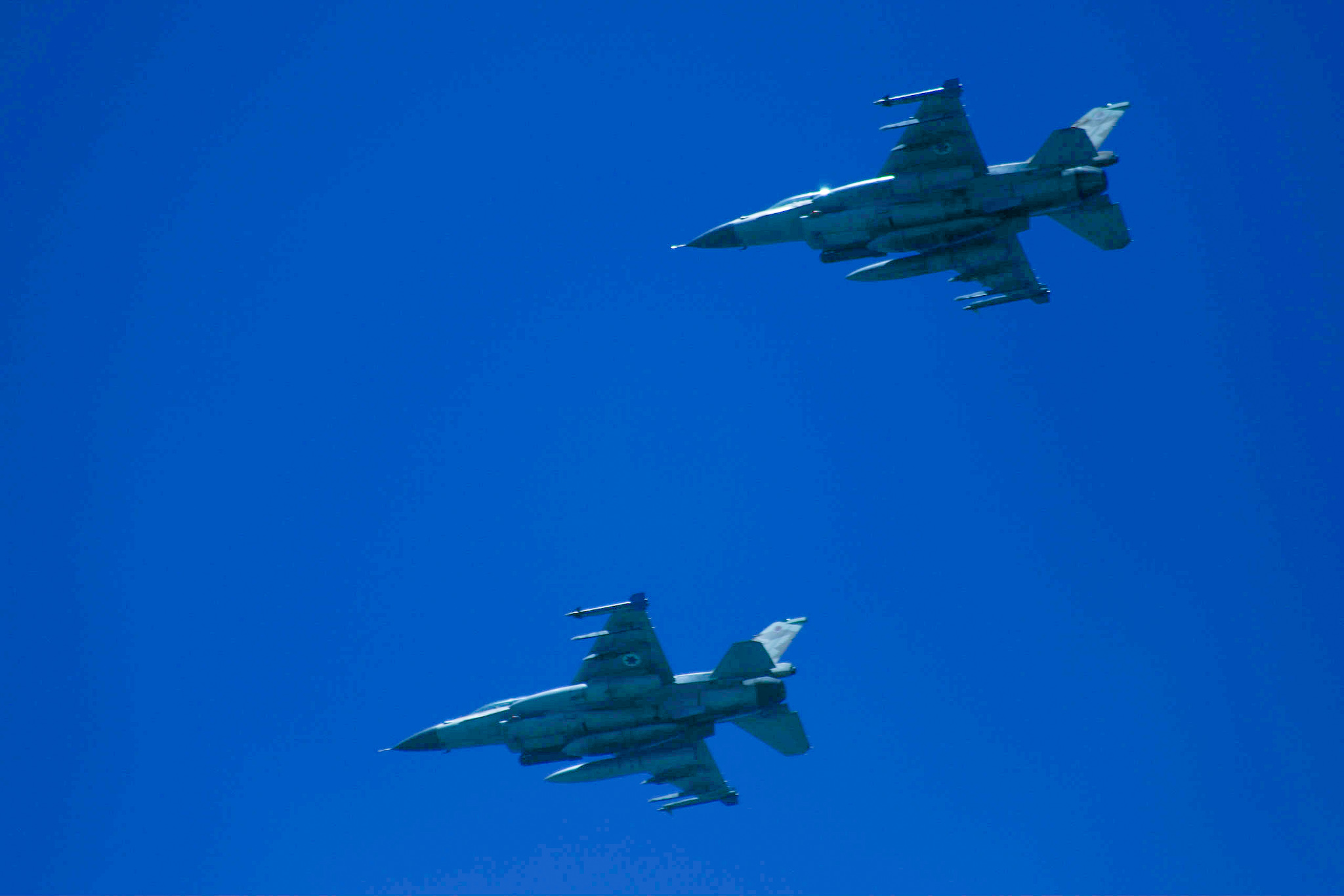This report provides background and analysis on a possible U.S. sale of the F-35 Joint Strike Fighter and other advanced weaponry to the United Arab Emirates (UAE) in light of select U.S. policy considerations, including Israel’s Qualitative Military Edge (QME) over neighboring militaries, as well as concerns about an arms race and strategic competition with other arms suppliers. The F-35 is the United States’ most advanced stealthy, fifth generation combat aircraft. Its proposed sale, along with other items, to the UAE comes amidst broad support in Congress for an Israel-UAE normalization agreement announced in August 2020 and signed in September 2020. UAE’s National Day holiday, December 2, 2020, may be a target date for formalization of a U.S.-UAE arms sale.
U.S.-UAE relations on security matters have been close for more than 20 years, and successive Administrations, with authorization from Congress, have sold the Emiratis sophisticated U.S. weaponry, such as the F-16 Desert Falcon.
While many Members of Congress have praised closer Israeli-Emirati ties, some have expressed their views that the sale of the F-35 must not imperil Israel’s QME in the region. Other lawmakers have expressed concern that the sale of advanced U.S. weaponry to the UAE could risk compromising U.S. national security if the sale resulted in F-35 technology falling into the hands of China, Russia, or other U.S. adversaries, such as Iran. The UAE’s role in wars in Yemen and Libya also has drawn congressional scrutiny in recent years.
This report provides an overview of recent UAE-Israeli relations and internal decisionmaking for each, an assessment of how the proposed sale could affect Israel’s QME, an analysis of the UAE’s handling of sensitive technology and foreign policy, and descriptions of congressional involvement with previous sales of advanced U.S. weaponry to Middle Eastern countries.
Source: Israel’s Qualitative Military Edge and Possible U.S. Arms Sales to the United Arab Emirates

Leave a Reply